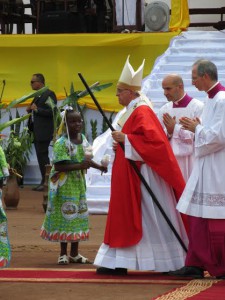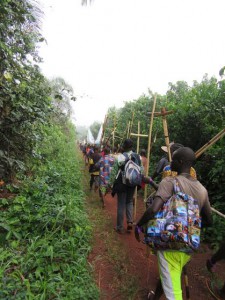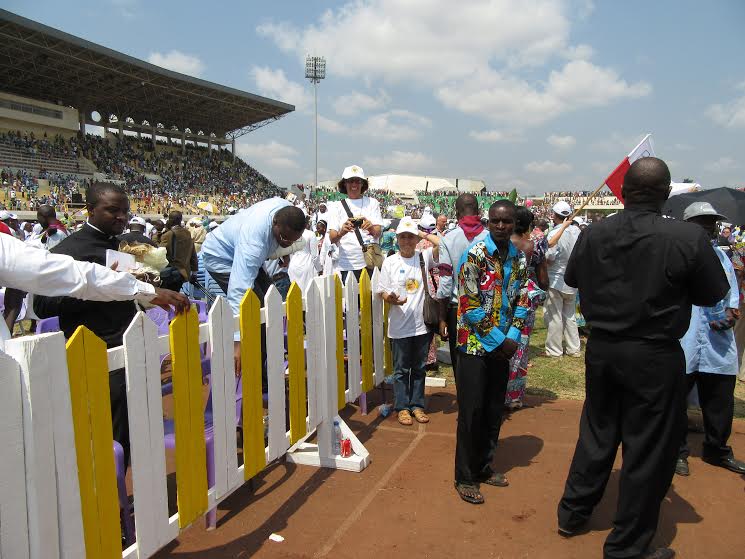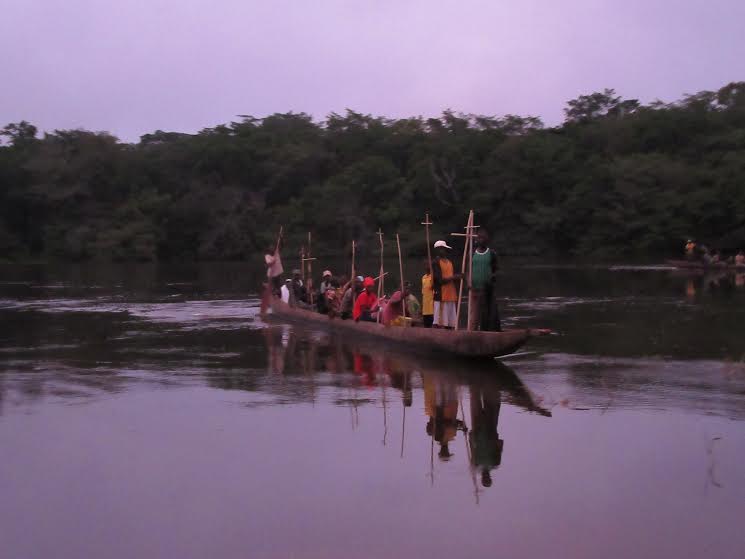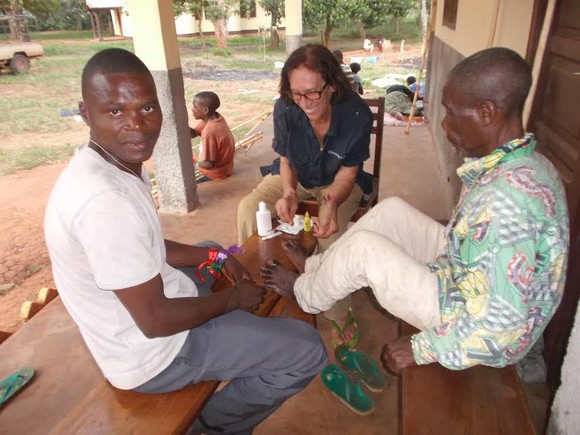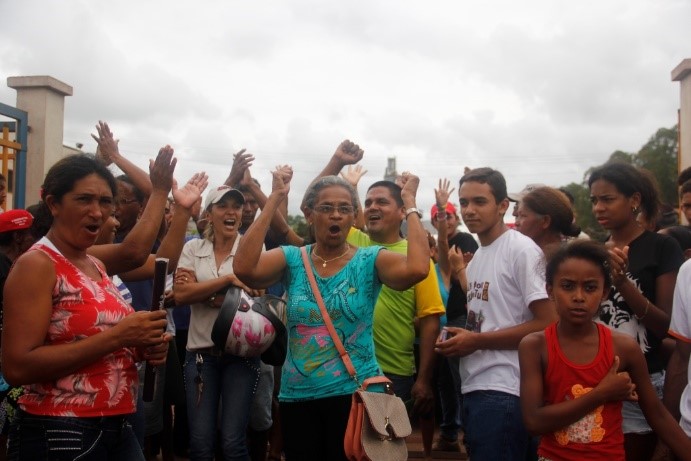
It was a year of tears and seeds for the community of Piquiá de Baixo.
Many already know the proud, strong and firm struggle of this community in the municipality of Açailândia, Maranhão, Brazil. Almost thirty years suffering the devastating effects of pollution cycle in its mining and steel region, the inhabitants began more organized to denounce government neglect and responsibilities of industry, claiming – to begin with – the collective resettlement in an area free of pollution.
The new neighborhood, designed in a participatory manner by the community with competent technical advice, should be partly financed by a government program, as a project that was approved by the Federal Savings Bank still at the end of 2014.
Since early 2015, Piquiá de Baixo is awaiting the selection of the resettlement project. Approval promises were repeated throughout the months of the year, but the seed planted by the community much sweat seemed unwilling to sprout.
Meanwhile, other tears were shed for the environmental crime of the companies Vale and BHP-Billiton in the states of Minas Gerais and Espirito Santo.
The people of Piquiá de Baixo were in Mariana few weeks before the disaster, participating in the meeting of the International Joint Affected by Vale. It is sad that communities have to be known and recognized by the tragedies and suffering they have in common. It is not what they would have pride in sharing; They do not want to be remembered by tears, but because of their resistance and victories.
Piquiá de Baixo planted many seeds of resistance throughout 2015. To keep the neighbors united, lively and well informed, many “circles of talks” were held in small groups around the houses. All the documentation of each resettlement beneficiary was organized. The community was articulated in several instances, to keep strong and not let the pressure to claim their rights from Municipal House of Councillors to the Maranhão State Government, from the Ministry of Cities to the Inter-American Commission on Human Rights (CIDH). In October, the president of the Community Association of Residents of Piquiá, supported by legal advice from the community, participated in a thematic hearing at the IACHR, in Washington, calling for urgent repair and mitigation of damages compared to the delegation of the Brazilian Government.
The harvest time delay, but it came!
On December 29, Neighborhood Association received the official title to the land where the community will be resettled.
On December 31, the Ministry of Cities published in the Official Journal of project the selection of the Community Association of Residents of Piquiá for resettlement. After a year and 14 days of waiting, the community finally has guaranteed financing for its new neighborhood!
Who sows in tears with joy harvest, says Psalm 126. Next week will proclaim the whole community in a community celebration in thanksgiving and to renew his strength.
Piquiá neighbors said that in other words to remember: “Our agony is our victory”. In persistent struggle, in the firm of who is not head down and do not give up, it’s already written a piece of victory as well as in the seed is hidden the outbreak.
It may take, but life will win!
Fr Dário MCCJ, Xoan Carlos CLM
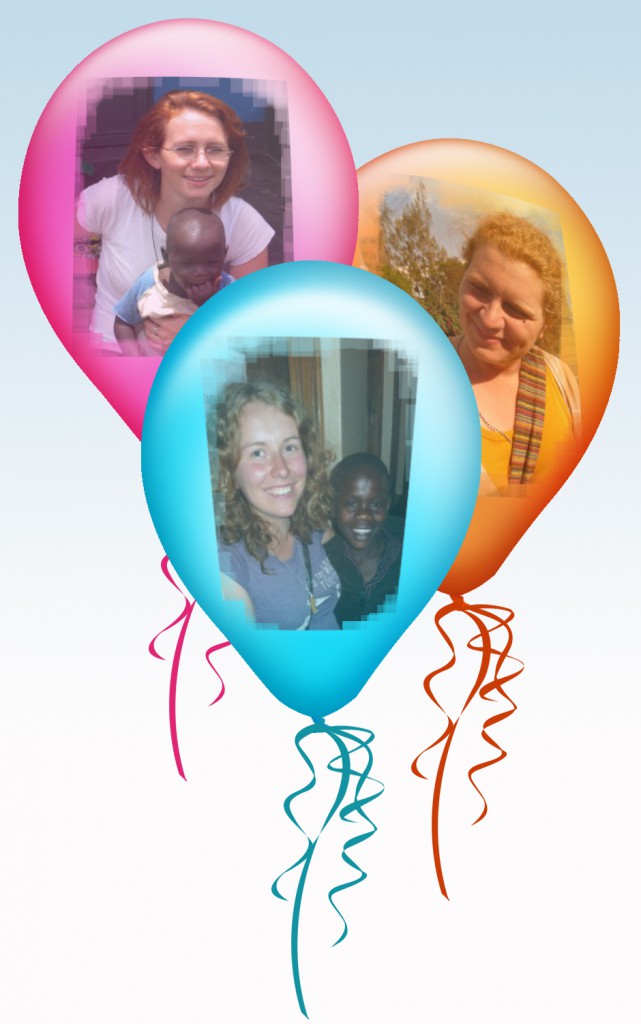 We have a lot of important events in January hence short delay in posting them 🙂
We have a lot of important events in January hence short delay in posting them 🙂



